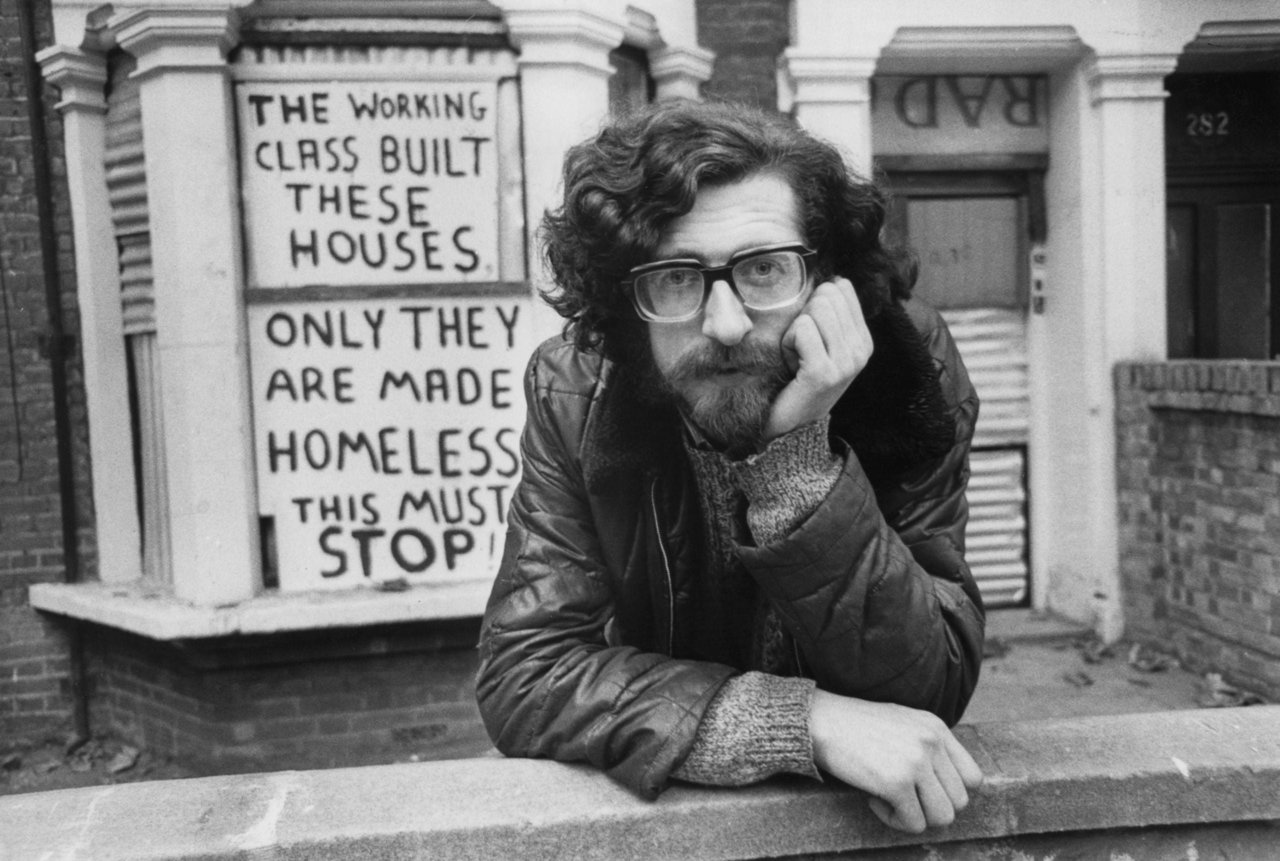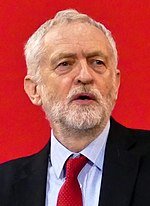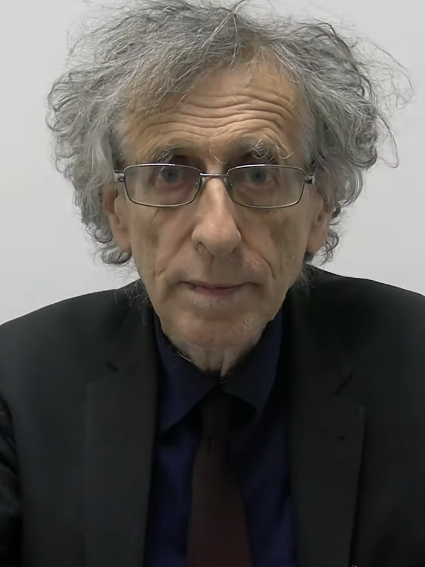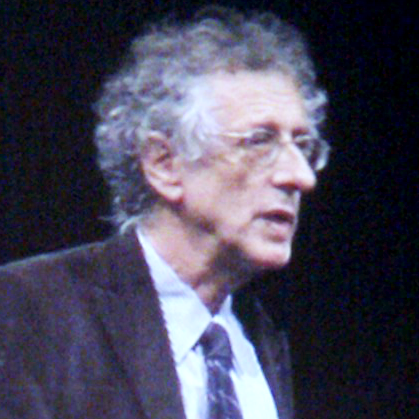British Heritage
Remember, Cherish, Learn.
beta
Piers Corbyn
Contribution of Piers Corbyn to British Heritage.
Piers Corbyn, born on March 10, 1947, is an English weather forecaster, businessman, and controversial figure known for his anti-vaccine views and conspiracy theories. Despite the controversies surrounding his beliefs, Piers Corbyn has made significant contributions in various fields, leaving an impact on British heritage and society.
Piers Corbyn's early life was marked by a passion for weather and climate patterns. As a child, he began recording weather observations and constructed his own observation equipment. He attended Castle House School and Adams' Grammar School in Newport, Shropshire. Later, he pursued higher education at Imperial College London, where he earned a first-class BSc degree in physics in 1968. He furthered his studies with a postgraduate MSc in astrophysics from Queen Mary College, University of London, in 1981. Corbyn's educational background in physics and astrophysics laid the foundation for his career as a weather forecaster.
In the 1990s, Piers Corbyn established WeatherAction, a weather monitoring and forecasting company. He gained some prominence in the media for his predictions, which combined statistical analysis of historical weather patterns with clues derived from solar observations. Corbyn's forecasting technique sparked interest and debate within the meteorological community.
While some of Corbyn's forecasts were met with skepticism, a study published in the Journal of Atmospheric and Solar-Terrestrial Physics (2001) acknowledged the system's success rates in predicting gale periods. This study added to the discussion around the methodology and reliability of his forecasts. However, critics, including meteorological experts, pointed out inaccuracies in some predictions, raising questions about the validity of his methods.
Aside from meteorology, Piers Corbyn has been involved in various political and social activities. He was an active member of the Labour Party and served as a councillor for Burgess Ward in the London Borough of Southwark from 1986 to 1990. Corbyn was a housing and squatters' rights activist in the north Paddington area of Westminster in the mid-1970s. He fought for housing rights and contested elections as an independent candidate and as part of housing-focused parties.
Piers Corbyn's legacy is marked by his contributions to meteorology through WeatherAction, where he attempted to develop a unique forecasting approach. However, his meteorological predictions have been a subject of debate and criticism within the scientific community.
In more recent times, Corbyn has gained notoriety for his anti-vaccine stance and conspiracy theories, particularly during the COVID-19 pandemic. He has been arrested on multiple occasions for participating in protests against public health measures and has spread false information about the virus and vaccines, leading to accusations of promoting harmful and dangerous views.
Despite the controversies surrounding his beliefs, Corbyn remains a polarizing figure who continues to advocate for his views on climate change, vaccines, and other subjects.
Piers Corbyn's life and career have been characterized by a combination of contributions, controversies, and debates. As a weather forecaster, he attempted to develop innovative methods for meteorological predictions through WeatherAction, gaining recognition for some of his successful forecasts. His involvement in politics and activism also left an impact on various social issues, particularly in the realm of housing rights.
However, his legacy is also marred by his recent activities as an anti-vaxxer and conspiracy theorist during the COVID-19 pandemic, which have drawn criticism and legal consequences. While some may view him as an individual fighting for individual freedoms, others see his actions as spreading misinformation and undermining public health efforts.
As with many public figures, Piers Corbyn's legacy is multifaceted, leaving both positive and negative impressions on British heritage and society. His life serves as a reminder of the complexities and challenges that come with interpreting and understanding the contributions of influential individuals.
Early Life and Education
Piers Corbyn's early life was marked by a passion for weather and climate patterns. As a child, he began recording weather observations and constructed his own observation equipment. He attended Castle House School and Adams' Grammar School in Newport, Shropshire. Later, he pursued higher education at Imperial College London, where he earned a first-class BSc degree in physics in 1968. He furthered his studies with a postgraduate MSc in astrophysics from Queen Mary College, University of London, in 1981. Corbyn's educational background in physics and astrophysics laid the foundation for his career as a weather forecaster.
WeatherAction and Meteorological Predictions
In the 1990s, Piers Corbyn established WeatherAction, a weather monitoring and forecasting company. He gained some prominence in the media for his predictions, which combined statistical analysis of historical weather patterns with clues derived from solar observations. Corbyn's forecasting technique sparked interest and debate within the meteorological community.
While some of Corbyn's forecasts were met with skepticism, a study published in the Journal of Atmospheric and Solar-Terrestrial Physics (2001) acknowledged the system's success rates in predicting gale periods. This study added to the discussion around the methodology and reliability of his forecasts. However, critics, including meteorological experts, pointed out inaccuracies in some predictions, raising questions about the validity of his methods.
Involvement in Politics and Housing Rights
Aside from meteorology, Piers Corbyn has been involved in various political and social activities. He was an active member of the Labour Party and served as a councillor for Burgess Ward in the London Borough of Southwark from 1986 to 1990. Corbyn was a housing and squatters' rights activist in the north Paddington area of Westminster in the mid-1970s. He fought for housing rights and contested elections as an independent candidate and as part of housing-focused parties.
Legacy and Controversies
Piers Corbyn's legacy is marked by his contributions to meteorology through WeatherAction, where he attempted to develop a unique forecasting approach. However, his meteorological predictions have been a subject of debate and criticism within the scientific community.
In more recent times, Corbyn has gained notoriety for his anti-vaccine stance and conspiracy theories, particularly during the COVID-19 pandemic. He has been arrested on multiple occasions for participating in protests against public health measures and has spread false information about the virus and vaccines, leading to accusations of promoting harmful and dangerous views.
Despite the controversies surrounding his beliefs, Corbyn remains a polarizing figure who continues to advocate for his views on climate change, vaccines, and other subjects.
Conclusion
Piers Corbyn's life and career have been characterized by a combination of contributions, controversies, and debates. As a weather forecaster, he attempted to develop innovative methods for meteorological predictions through WeatherAction, gaining recognition for some of his successful forecasts. His involvement in politics and activism also left an impact on various social issues, particularly in the realm of housing rights.
However, his legacy is also marred by his recent activities as an anti-vaxxer and conspiracy theorist during the COVID-19 pandemic, which have drawn criticism and legal consequences. While some may view him as an individual fighting for individual freedoms, others see his actions as spreading misinformation and undermining public health efforts.
As with many public figures, Piers Corbyn's legacy is multifaceted, leaving both positive and negative impressions on British heritage and society. His life serves as a reminder of the complexities and challenges that come with interpreting and understanding the contributions of influential individuals.
- Piers Corbynen.wikipedia.org








